
The ocean is a magnificent and potent element of nature. It offers us transportation, entertainment, and even food. But the seawater that makes up the ocean can also harm the roofs of houses and other structures that are close to the coast. Corrosion, rust, and other types of deterioration brought on by saltwater may necessitate costly repairs or even the replacement of the roof. Fortunately, there are steps you can take to protect your roof from saltwater damage.
We'll look at some of these precautions and how they can safeguard your roof in this blog post.
Choose the Right Roofing Material
Making the right roofing material selection is one of the best ways to stop saltwater from harming your roof. Some roofing materials are more resilient to damage from saltwater than others. Metal roofs, like those made of aluminum or zinc, for instance, have a high resistance to corrosion and rust. Additionally, some tile materials, including ceramic and slate, are resistant to damage from saltwater. Make sure to choose a roofing material that is appropriate for the environment and take into account how close your home is to the ocean.
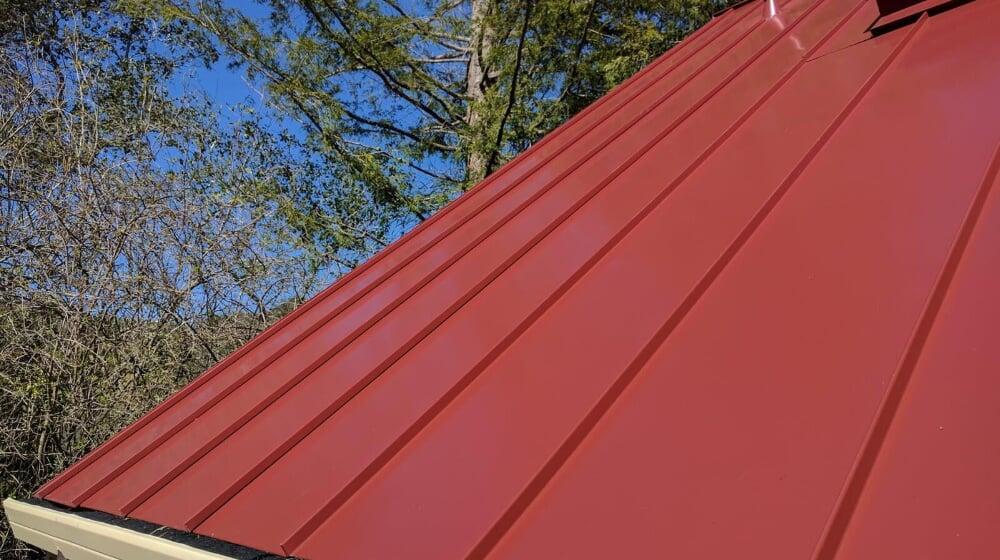
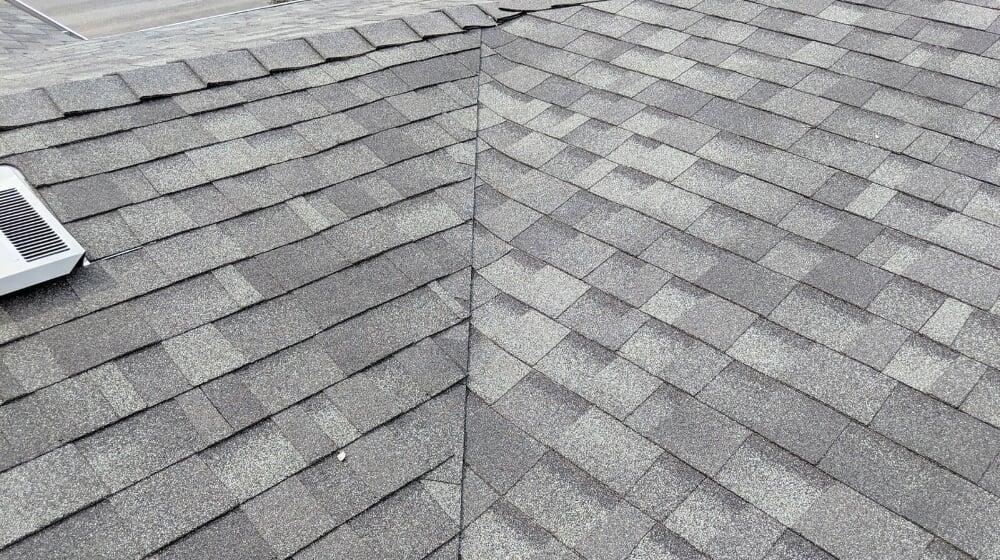
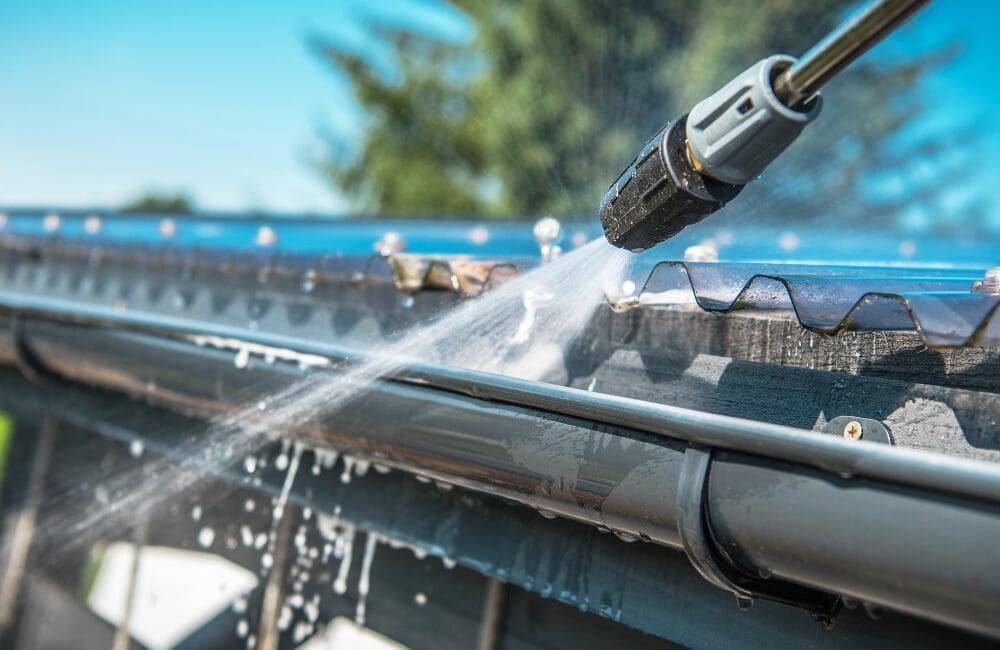
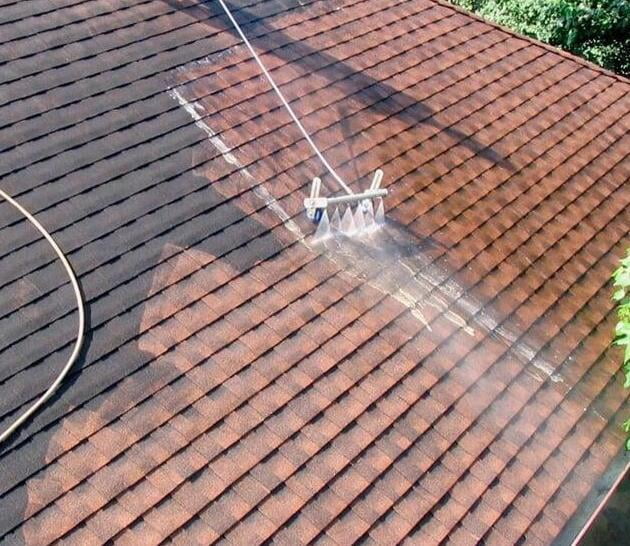
Regular Cleaning
Salt and minerals from seawater can accumulate on your roof. This accumulation over time, especially if left unchecked, can harm your roof. This buildup can be avoided with routine cleaning, which will also maintain the condition of your roof. Regular cleaning can also aid in spotting any problems with your roof that might need fixing.
Install Gutters and Downspouts
Another practical method for protecting your roof from saltwater damage is to install gutters and downspouts. Water is diverted away from your roof with the aid of gutters and downspouts, preventing saltwater from pooling there and causing damage. Ensure proper water flow and prevent buildup by cleaning your gutters frequently.
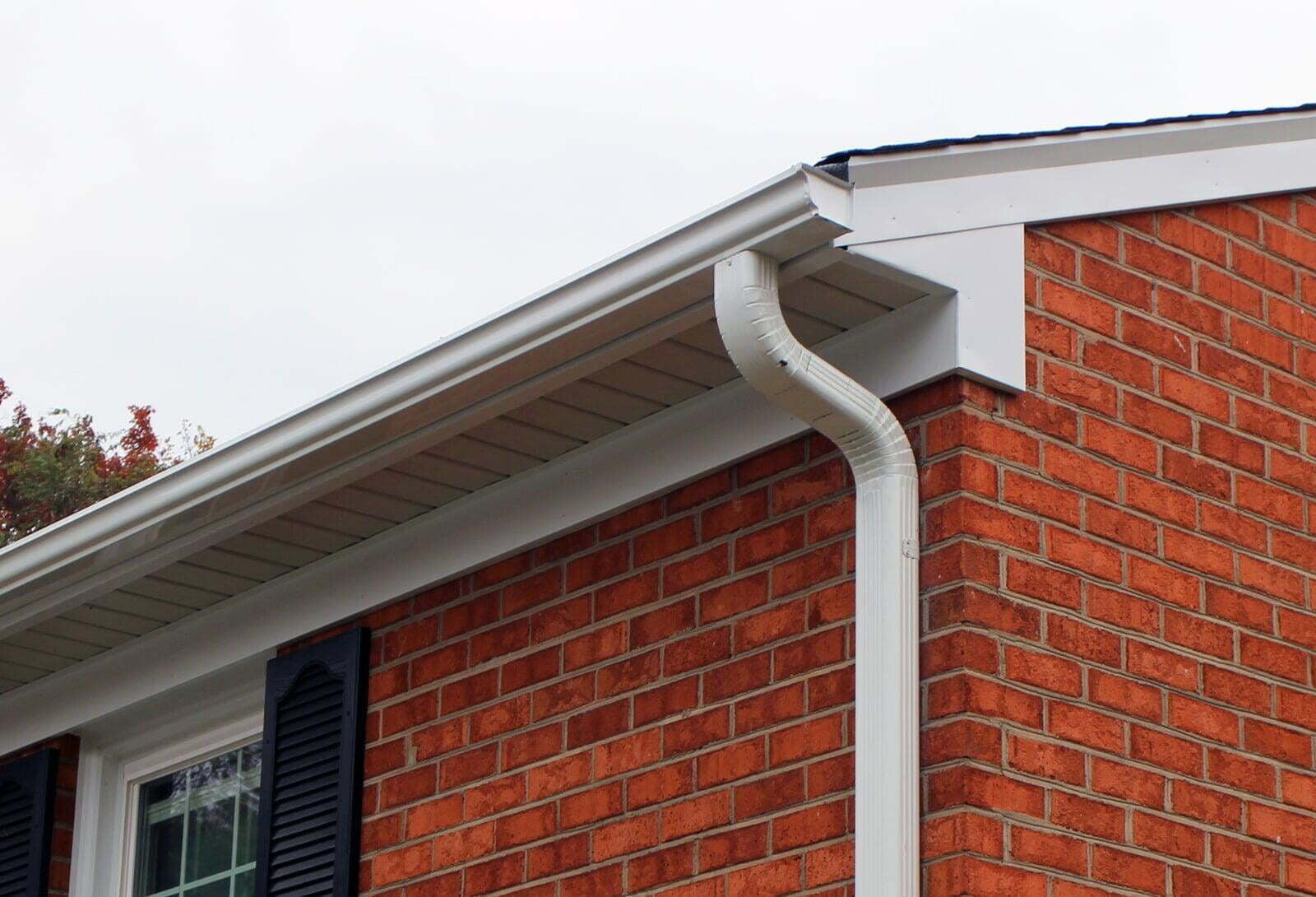
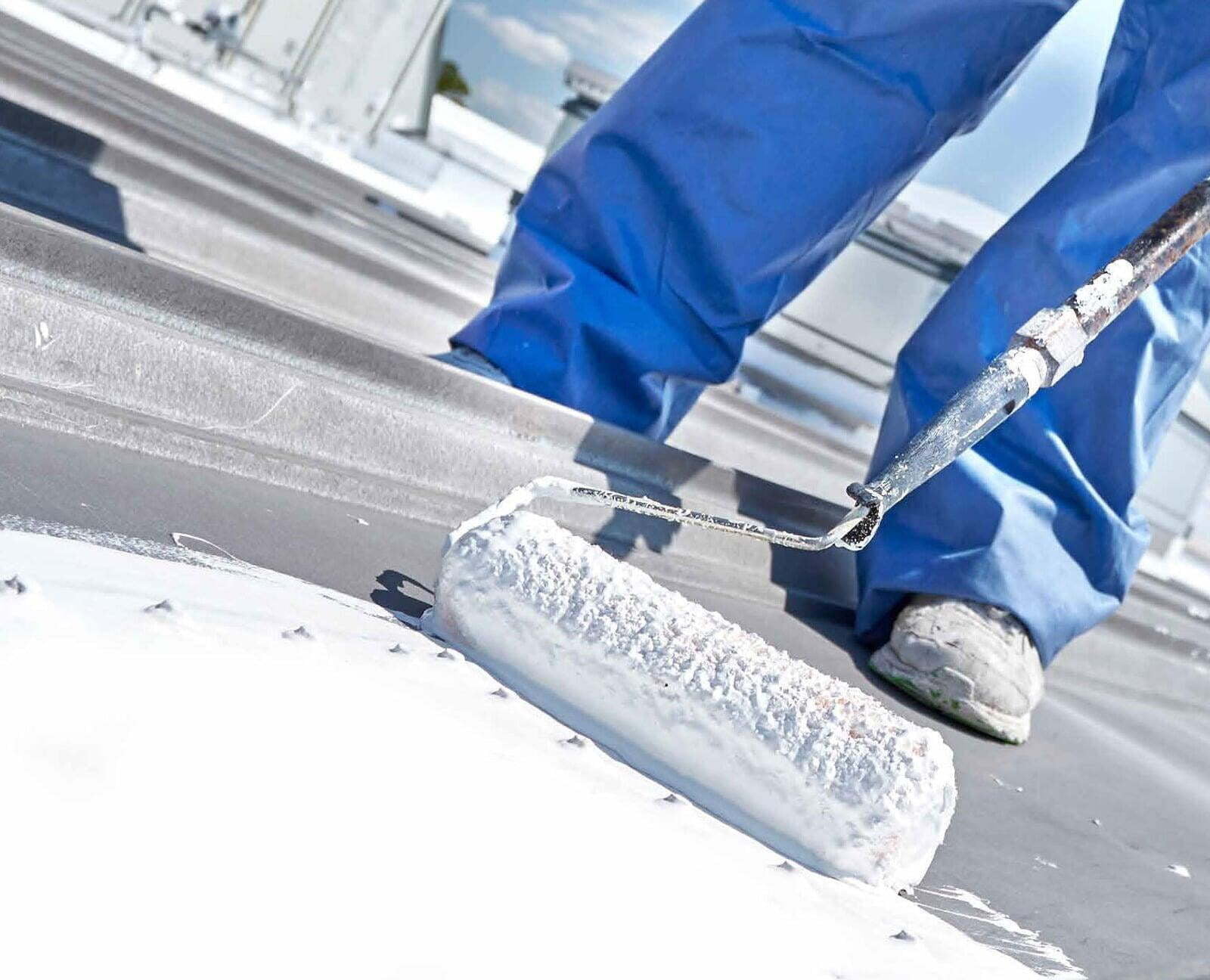
Apply a Protective Coating
Your roof can withstand saltwater damage by having a protective coating applied. Your roof can be protected from the saltwater by using a coating, such as paint or sealant. This barrier can aid in preventing rust and corrosion on your roof.
Not all types of roofs are suitable for this type of treatment, even though applying a protective coating can be an efficient way to stop saltwater damage to many different types of roofs. As an illustration, some roofing materials, like asphalt shingles, are not intended to be coated. To find out whether a protective coating is suitable for your particular type of roof, it's important to consult the manufacturer or a roofing expert.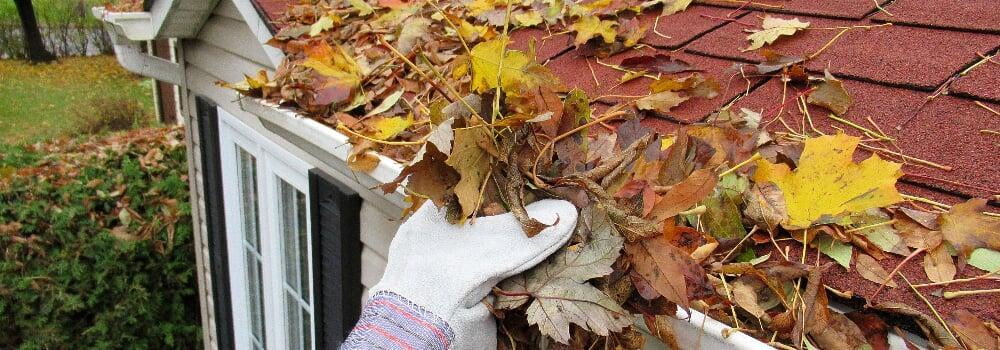

Maintain Your Roof
To protect your roof from the corrosive effects of saltwater, routine maintenance is essential. Check your roof frequently for any indications of wear and tear or damage. If there are any problems, take care of them right away to avoid further harm. To keep your roof in good shape, hire a professional to perform routine maintenance on it.
In conclusion, over time, saltwater can seriously harm your roof. However, you can protect your roof from saltwater damage and increase its lifespan by taking preventative measures. Effective ways to stop saltwater damage to your roof include picking the right roofing material, performing routine maintenance, installing gutters and downspouts, using a protective coating, and regular cleaning. You can make sure that your roof stays in good shape for many years by paying attention to these suggestions.
Kind regards from the Moriarty's Roofing Family.






